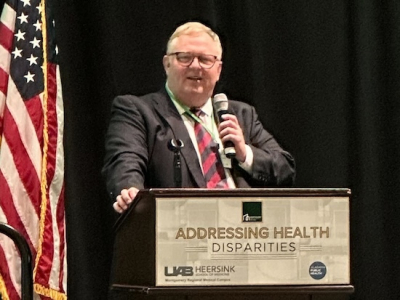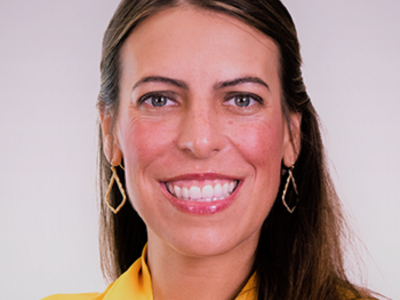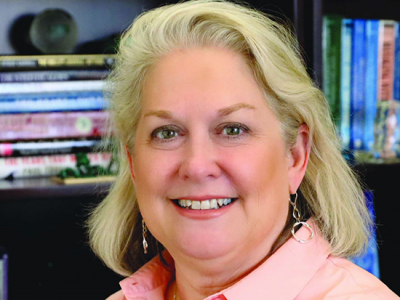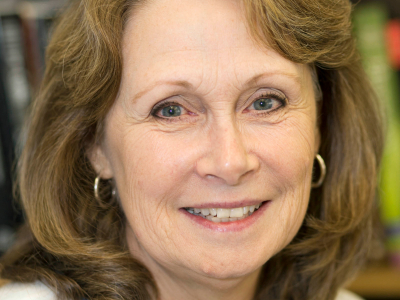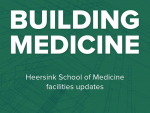Faaiz Saad, a fourth-year MD/MBA student at the Heersink School of Medicine and the Collat School of Business, recently wrote, produced, starred in, and directed a new short film entitled “A Confusing Truth, A Comforting Lie” that was nominated for the Gold Diamond Award for Best Student Short Film at the Asian Film Festival Los Angeles in December 2023.
The second annual Montgomery Health Policy Meeting was held on Thursday, April 4, 2024. Sponsored by UAB Heersink School of Medicine Montgomery Regional Medical Campus and the Kennamer family, the event aims to bring together prominent members of government, public health and policy, and medicine to highlight urgent issues affecting the people of Alabama.
AI in Medicine Graduate Certificate
Written by Mariah Payne
The Marnix E. Heersink Institute for Biomedical Innovation offers an AI in Medicine Graduate Certificate to meet the growing impact of artificial intelligence in academic medicine. Stevan Fairburn, a UAB MS2 student currently enrolled in the program, met with the Heersink communications team to shed some light on the certificate program and its curriculum.
Unlocking conflict resolution during the next Staff Grand Rounds
Written by UAB Heersink School of Medicine News
The Office for Diversity and Inclusion is excited to host the next Staff Grand Rounds session featuring UAB’s University Ombudsperson. Michelle R. Horvath, J.D., will discuss practical strategies to navigate workplace conflicts effectively.
Marnix E. Heersink Institute for Biomedical Innovation, Grand Rounds: Leadership to Accelerate Healthcare's Digital Transformation
Written by Kayla GibsonThe Marnix E. Heersink Institute for Biomedical Innovation held a Grand Rounds presentation with speaker Christy Harris Lemak, PhD., Professor in the Department of Health Services Administration in the School of Health Professions at the University of Alabama at Birmingham, on Tuesday, April 2.
In the intricate landscape of cellular biology, a group of dedicated Heersink investigators is unraveling the mysteries of protein glycosylation, particularly focusing on the enigmatic world of sialylation. Led by Susan Bellis, Ph.D., the Glycobiology group at UAB delves deep into the significance of sialic acid modifications and their profound impact on cellular behavior. As we sat down with Bellis, she shared valuable insights into the group's pioneering work and its pivotal role in shaping our understanding of glycobiology.
In April, the Heersink School of Medicine Office for Diversity and Inclusion proudly commemorates the contributions and achievements of Arab Americans in the field of medicine and science.
Building Medicine: Updates on Heersink School of Medicine facilities, Q2
Written by UAB Heersink School of Medicine News
In this second quarterly space and facilities article, we will focus on space assignment and space management. The Heersink School of Medicine has roughly 1.8 million square feet to manage, fund, and account for across 60 campus buildings, and the school is the predominant occupant in over 20 of the facilities. Most of the school’s space [85%+] is assigned to our academic departments, while the remainder is assigned to the Dean’s Office, Medical Education, regional campuses, Heersink institutes, and institutional research cores. All assignable space is organized into three main categories: administrative space, clinical research space, and basic research space; these groups account for 54%, 8%, and 38% of the school’s total space footprint, respectively.

